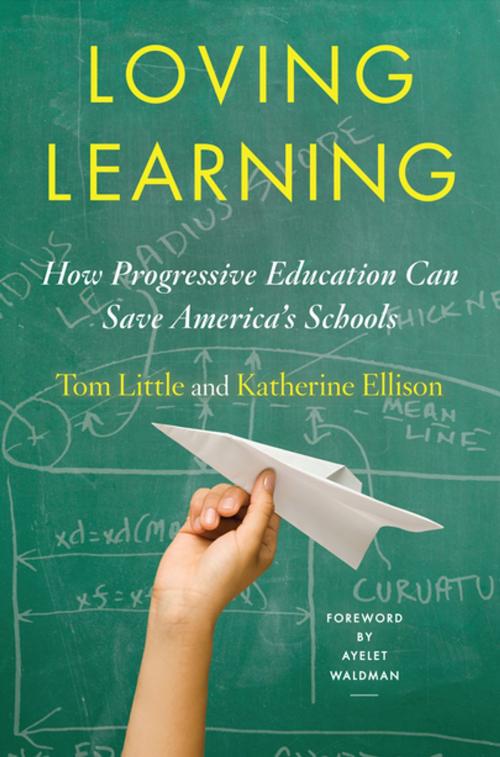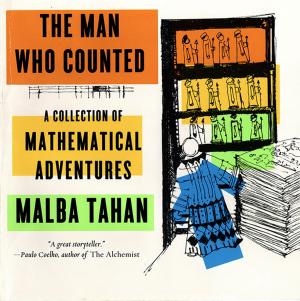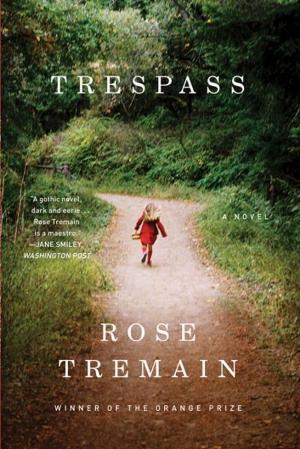Loving Learning: How Progressive Education Can Save America's Schools
Nonfiction, Reference & Language, Education & Teaching, Elementary, Educational Theory, Philosophy & Social Aspects| Author: | Tom Little, Katherine Ellison | ISBN: | 9780393246179 |
| Publisher: | W. W. Norton & Company | Publication: | March 2, 2015 |
| Imprint: | W. W. Norton & Company | Language: | English |
| Author: | Tom Little, Katherine Ellison |
| ISBN: | 9780393246179 |
| Publisher: | W. W. Norton & Company |
| Publication: | March 2, 2015 |
| Imprint: | W. W. Norton & Company |
| Language: | English |
Noted educator Tom Little and Pulitzer Prize–winning journalist Katherine Ellison reveal the home-grown solution to turning American students into life-long learners.
The longtime head of Park Day School, Tom Little embarked on a tour of 43 progressive schools across the country. In this book, his life’s work, he interweaves his teaching experience, the knowledge he gleaned from his trip, and the history of Progressive Education. As Little and Katherine Ellison reveal, these educators and schools invigorate learning and promote inquisitiveness by allowing the curriculum to grow organically out of children's questions—whether they lead to studying the senses, working on a farm, or re-creating a desert ecosystem in the classroom.
We see curious students draw on information across disciplines to think in imaginative yet practical ways, like in a "Mini-Maker Faire" or designing and building a chair from scratch. Becoming good citizens was another of Little's goals. He believed in the need for students to learn how to become advocates for themselves, from setting rules on the playground to engaging in issues of social justice in the wider community.
Using the philosophy of Progressive Education, schools can prepare students to shape a vibrant future in the arts and sciences for themselves and the nation.
Noted educator Tom Little and Pulitzer Prize–winning journalist Katherine Ellison reveal the home-grown solution to turning American students into life-long learners.
The longtime head of Park Day School, Tom Little embarked on a tour of 43 progressive schools across the country. In this book, his life’s work, he interweaves his teaching experience, the knowledge he gleaned from his trip, and the history of Progressive Education. As Little and Katherine Ellison reveal, these educators and schools invigorate learning and promote inquisitiveness by allowing the curriculum to grow organically out of children's questions—whether they lead to studying the senses, working on a farm, or re-creating a desert ecosystem in the classroom.
We see curious students draw on information across disciplines to think in imaginative yet practical ways, like in a "Mini-Maker Faire" or designing and building a chair from scratch. Becoming good citizens was another of Little's goals. He believed in the need for students to learn how to become advocates for themselves, from setting rules on the playground to engaging in issues of social justice in the wider community.
Using the philosophy of Progressive Education, schools can prepare students to shape a vibrant future in the arts and sciences for themselves and the nation.















